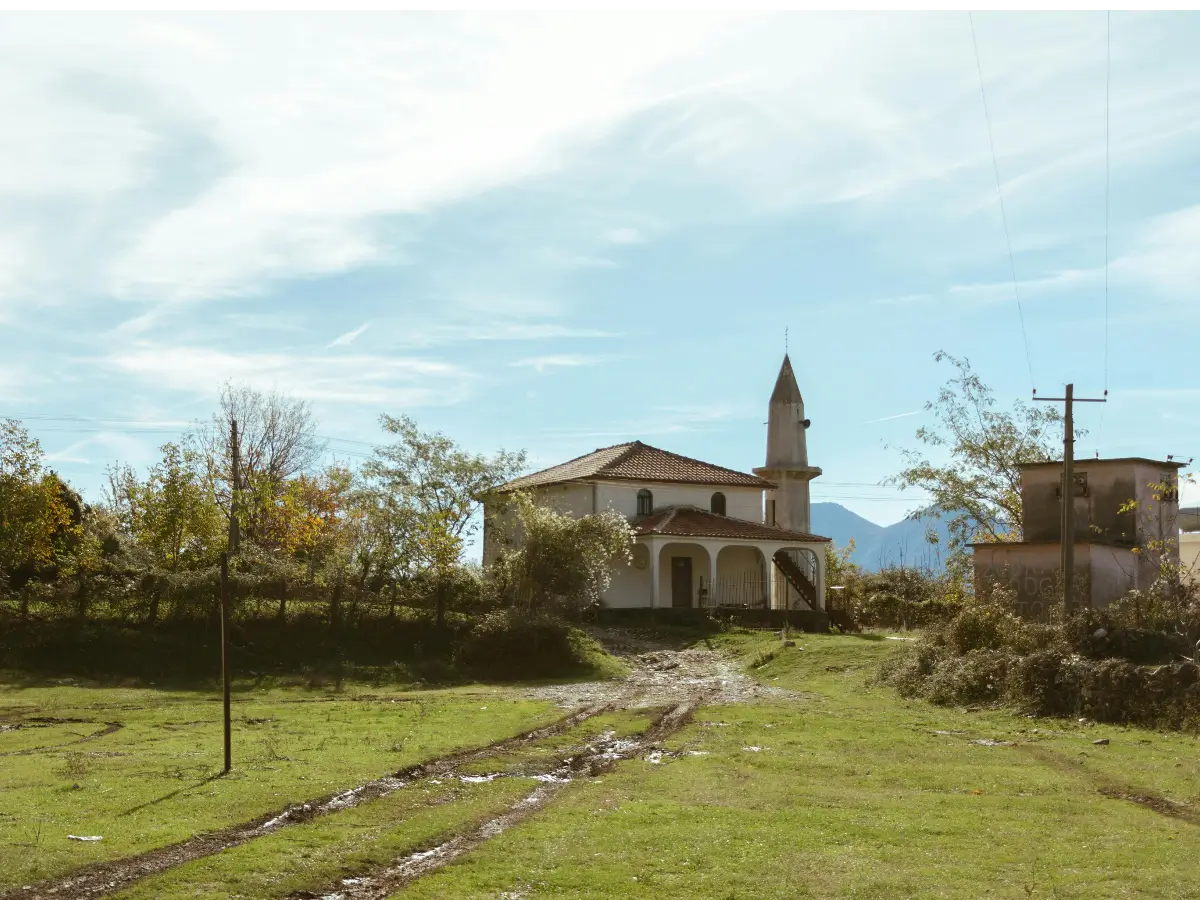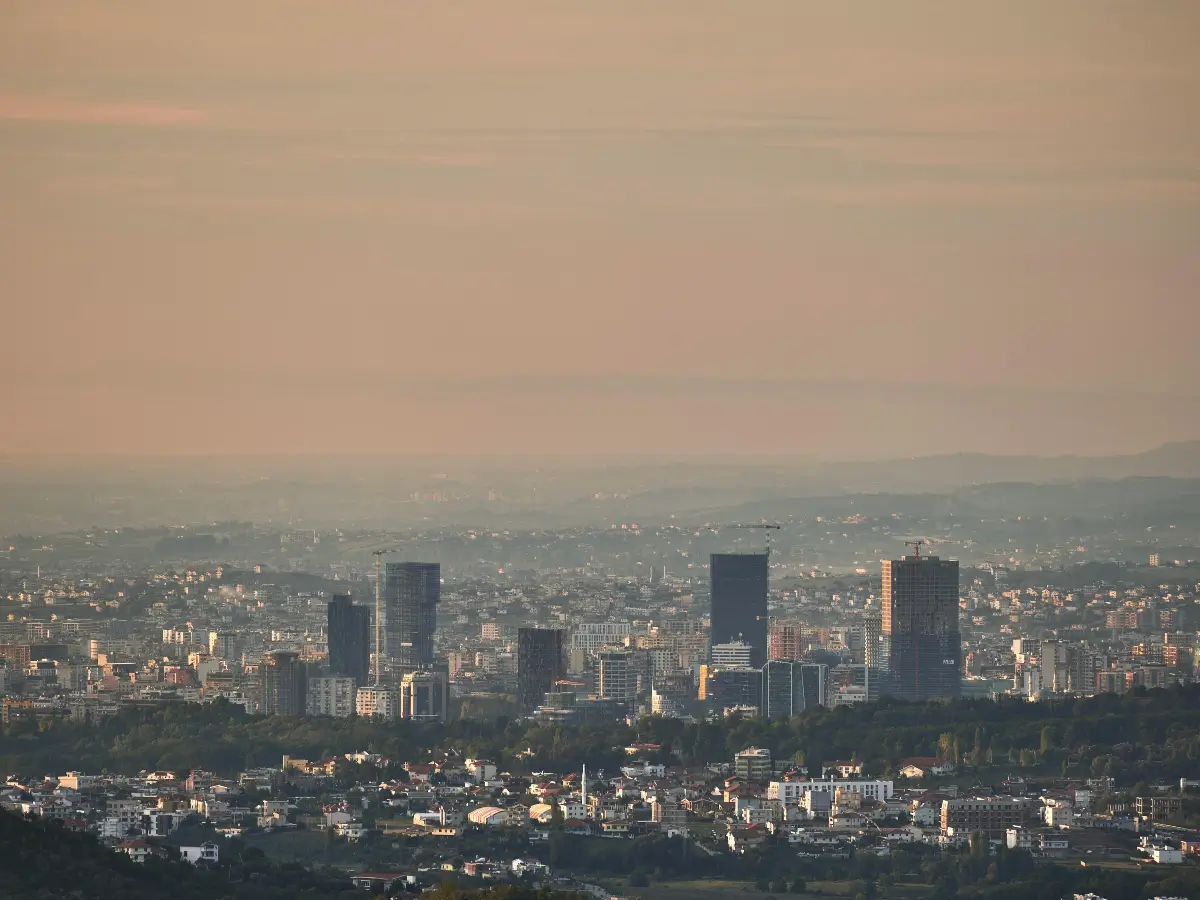Religion in Albania has always followed its own rhythm. Unlike many neighboring countries where faith is closely tied to politics or ethnicity, Albania has developed a model of religious coexistence that is both quiet and resilient. It’s not based on strict doctrine or public displays — it’s personal, cultural, and often rooted in family and tradition rather than institutional influence.
The country is home to Muslims, Orthodox Christians, Catholics, and members of the Bektashi order — a Sufi-influenced Islamic group with deep roots in Albanian identity. But despite these differences, religious tolerance remains one of the strongest unifying traits of Albanian society.

A brief history of religion in Albania
Albania’s religious landscape has shifted many times. The country was once majority Christian under Byzantine and later Roman influence. During Ottoman rule, Islam spread widely, especially in central and northern regions. After independence, the different communities coexisted, often intermarrying or celebrating each other’s holidays.
The most dramatic shift came during the communist regime. In 1967, Albania declared itself the world’s first atheist state, banning all religious institutions, closing mosques and churches, and persecuting clergy. This created a spiritual vacuum that still affects religious practice today.
After the fall of communism in the 1990s, freedom of religion was restored. Mosques and churches reopened, and religious communities were rebuilt from scratch — without external pressure or conflict.
How Albanians practice religion today
Faith in Albania is often quiet, personal, and cultural rather than strongly institutional or political. Most Albanians identify with a religion, but daily practice is typically moderate. Religious identity is tied to family tradition and community, not public behavior.
Today, Albania’s religious composition includes:
-
Sunni Muslims – The largest group, with mosques present in most cities and towns
-
Bektashis – A mystical Islamic order with headquarters in Tirana and strong influence in southern and central Albania
-
Orthodox Christians – Primarily in the south and southeastern regions
-
Catholics – Concentrated in the north and some western coastal areas
-
A small number of Evangelicals, Jews, and other faiths

Public religious displays are rare. It’s common for Albanians to celebrate both Muslim and Christian holidays, regardless of faith — especially in mixed families or secular households. Respect for others’ traditions is widespread, and religious identity does not define social status or opportunity.
Religion and national identity
In Albania, being Albanian often comes before any religious label. Faith is seen as a private matter, and the idea of religious tolerance is viewed as a cultural value rather than a political slogan.
This balance is especially visible in the diaspora. Albanians living in Europe or the U.S. may return home for both Bajram and Christmas, attend weddings with mixed religious backgrounds, and celebrate family traditions that combine elements of different faiths.
Religious leaders in Albania — from imams to priests — often emphasize coexistence. Interfaith events are common, and there is no history of large-scale religious conflict in the country’s modern era.